11 Things That Used To Embarrass Millennials But They Now Fully Embrace
Millennials no longer have to feel ashamed for enjoying some of the things they used to do.
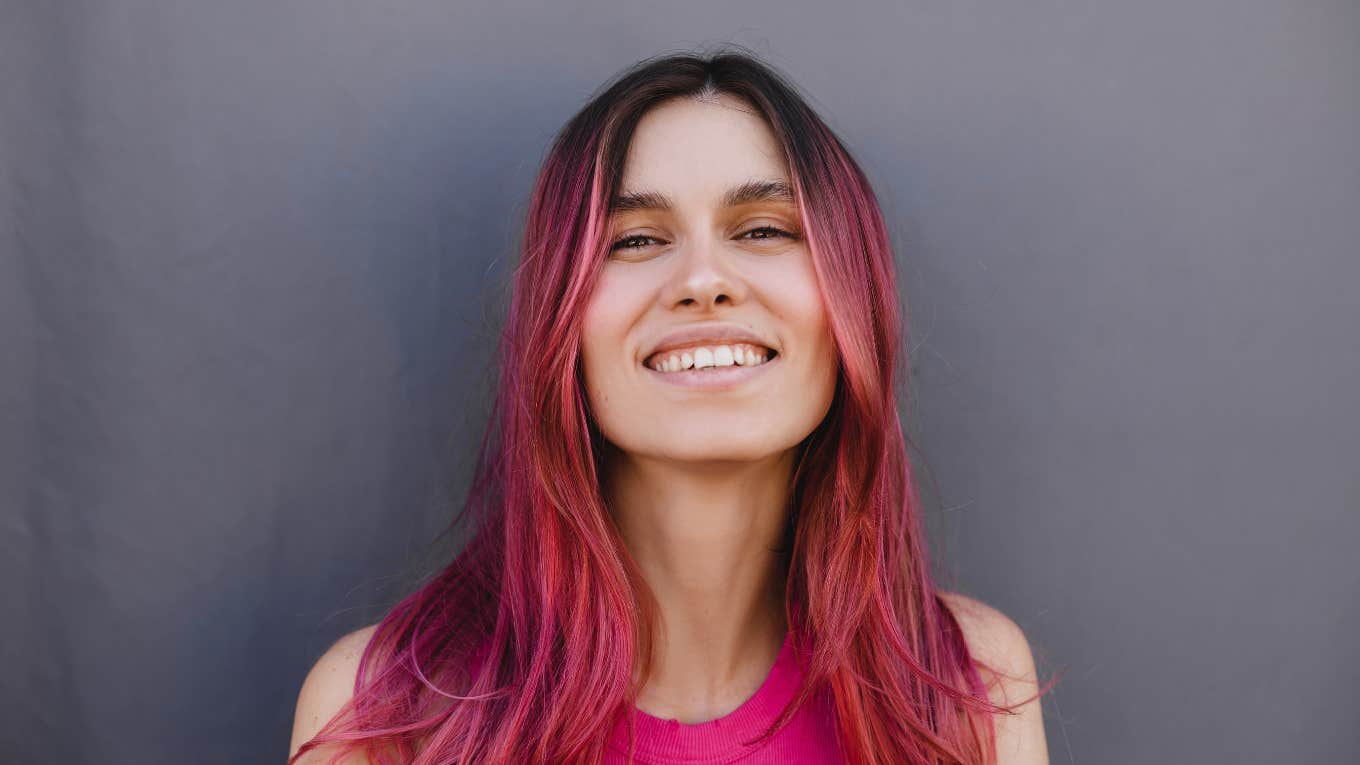 Ekateryna Zubal | Shutterstock
Ekateryna Zubal | Shutterstock Growing up in the 90s and early 2000s, millennials were exposed to a multitude of trends and activities that were deemed shameful at the time. However, as the years have evolved and certain trends have circulated back around, many of those practices they were ridiculed about have become things that used to embarrass millennials but they now fully embrace. In fact, younger generations think most of these things are cool, iconic, and nostalgic.
That confidence has allowed millennials to also reclaim some of those trends that were heavily mocked. Now, they have no problem proudly showing them off as a part of their identity and culture, especially from when they were kids, which also allows them to fully embrace their inner child and all of the joy that comes with it.
Here are 11 things that used to embarrass millennials but they now fully embrace
1. Texting abbreviations
 Perfect Wave | Shutterstock
Perfect Wave | Shutterstock
Texting abbreviations were once seen as being both cringe and insincere, but over time they have completely changed the game of digital communication. Short-handed phrases like LOL or BRB were something that millennials initially used because they were trying to work around character limits. And, at the time, they were criticized by older generations for not just spelling things out.
Of course, now, texting abbreviations are such a defining part of how young adults today communicate with each other. In fact, in a preliminary survey published in the Journal of Experimental Psychology: General, 99% of respondents admitted to using texting abbreviations, and 84% of them didn't believe that others wouldn't like abbreviations.
2. Selfies
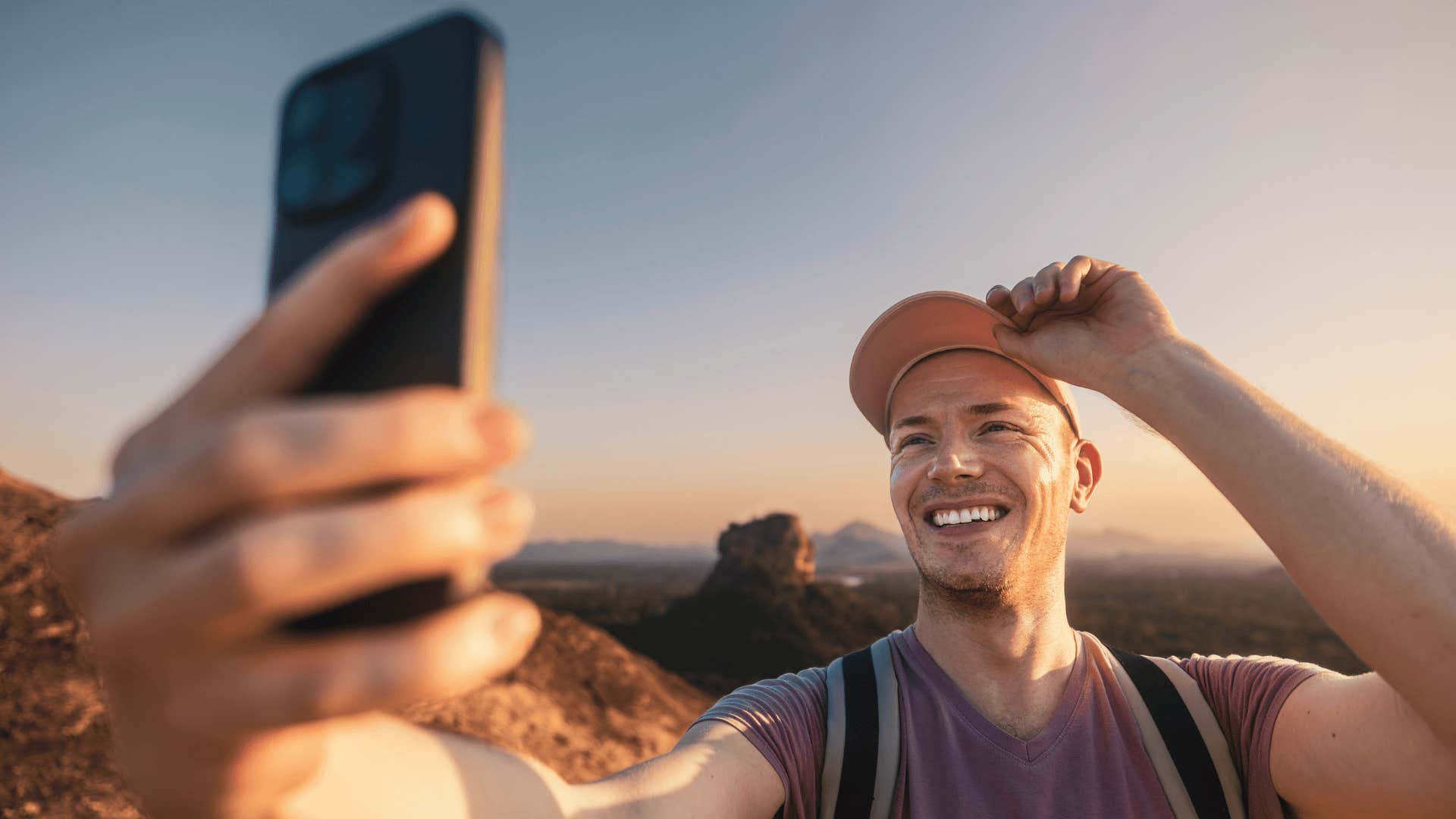 Jaromir Chalabala | Shutterstock
Jaromir Chalabala | Shutterstock
Selfies were once seen as something shameful to participate in, but have since become one of the things that used to embarrass millennials but they now fully embrace.
Many millennials were incredibly hesitant to participate in the trend of taking them, especially during the 2010s. It felt awkward, and they were often met with side-eye looks in public if they pulled out their phones to snap a photo of themselves or with their friends.
However, selfies are now such a large part of social media culture. You can walk down the street while taking a selfie and no one around would bat an eyelash. In a survey from PhotoAiD, researchers found that over half of Americans (60%) take selfies at least once a week.
3. Online shopping
 Miljan Zivkovic | Shutterstock
Miljan Zivkovic | Shutterstock
There was once a time when online shopping was considered a bit of a risk, with many individuals worried about being scammed, their credit card information being stolen, or getting the wrong product. Millennials have become used to shopping in person, but now, online shopping has become the main way that a large majority of people shop and buy goods.
Statista reported that in 2025, over 75% of Americans engaged in online shopping. It's become not just a convenience but the norm. It makes it easier to purchase things, especially if you need them sooner rather than later, and millennials are fully embracing all of the perks that come with it.
4. Watching reality TV
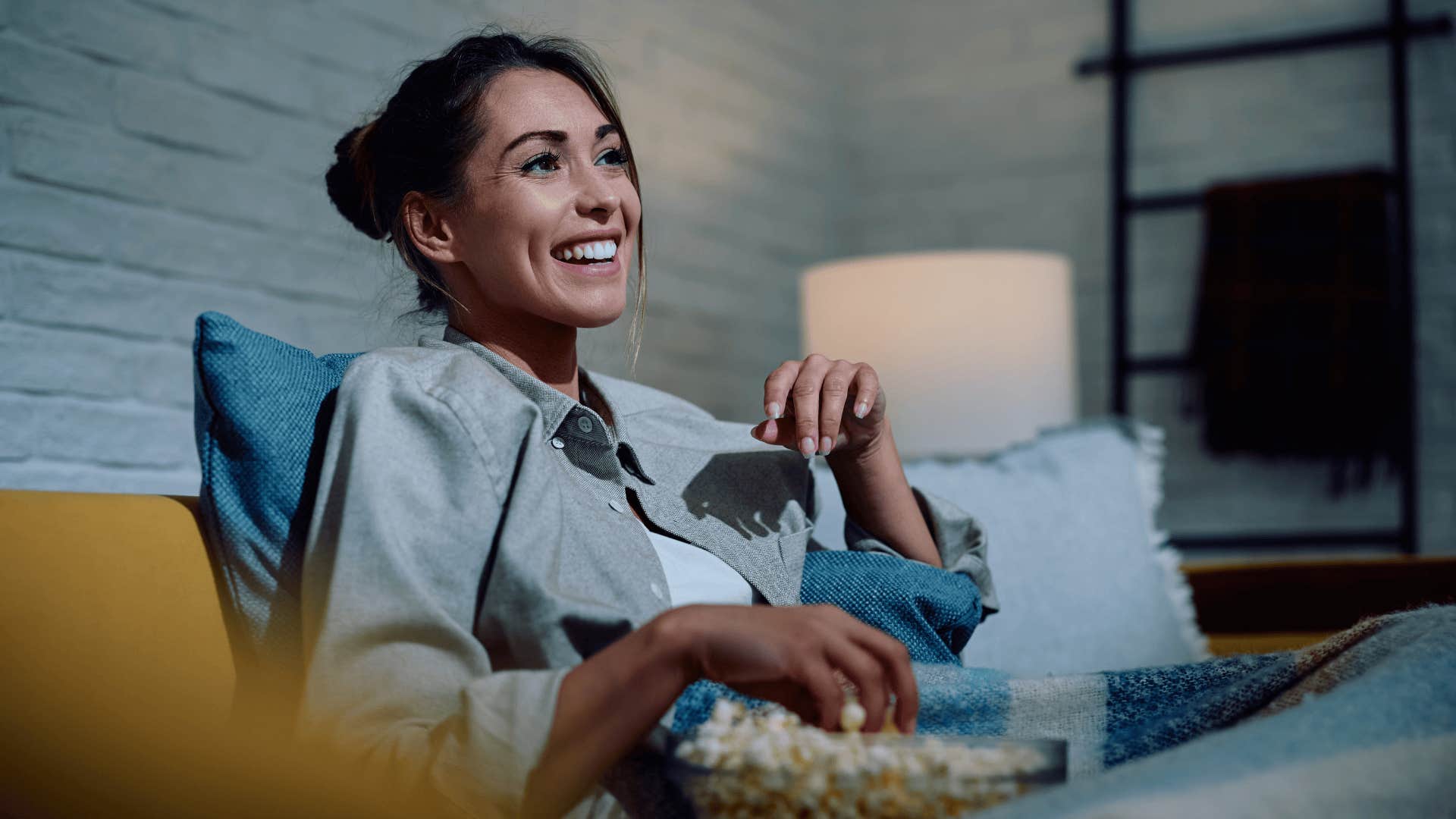 Drazen Zigic | Shutterstock
Drazen Zigic | Shutterstock
Being a consumer of reality TV was once seen as being nothing more than a guilty pleasure. Shows like "Jersey Shore," "Keeping Up With the Kardashians," and the many "Real Housewives" franchises were considered over-the-top and incredibly trashy. While some of those 2000s and early 2010s reality shows haven't quite aged that well, nowadays, we've become flooded with newer versions of them.
It's estimated that around 80% of adults watch reality TV shows. From reality TV dating shows like "Love Island" and "The Bachelor" to competition-based shows like "The Traitors" and "Big Brother," reality TV has become a much more mainstream form of entertainment that is quite diverse compared to when millennials were growing up.
5. Veganism and plant-based diets
 Maksym Azovtsev | Shutterstock
Maksym Azovtsev | Shutterstock
It's only been within the last decade or so years that veganism and plant-based diets have become the norm. There are way more options in the grocery stores and at restaurants for people who don't eat meat, dairy, or fish, and individuals no longer have to go out of their way to find a suitable meal that isn't just a bunch of vegetables.
Gallup's Consumption Habits poll found that 4% of Americans admitted they are vegetarian and 1% vegan, in terms of their eating preferences. Instead of veganism being a niche lifestyle, people are now able to integrate their preferences into their lifestyle, and millennials no longer have to be ashamed of their dietary choices.
6. Yoga and mindfulness
 Look Studio | Shutterstock
Look Studio | Shutterstock
At a point in time, participating in yoga classes, going on retreats, or meditating were all seen as something only reserved for hippies or people just heavily involved in an alternative lifestyle. But now, they have become one of the things that used to embarrass millennials but they now fully embrace.
As mental health conversations have continued to evolve and more individuals are seeking out therapy and other mental health services, yoga and mindfulness have become things that can really make a difference in managing stress and anxiety. Individuals no longer have to feel embarrassed when they talk about doing yoga or meditating, as the National Center for Health Statistics found that in America, 1 out of 6 adults say they practice yoga.
7. Minimalism
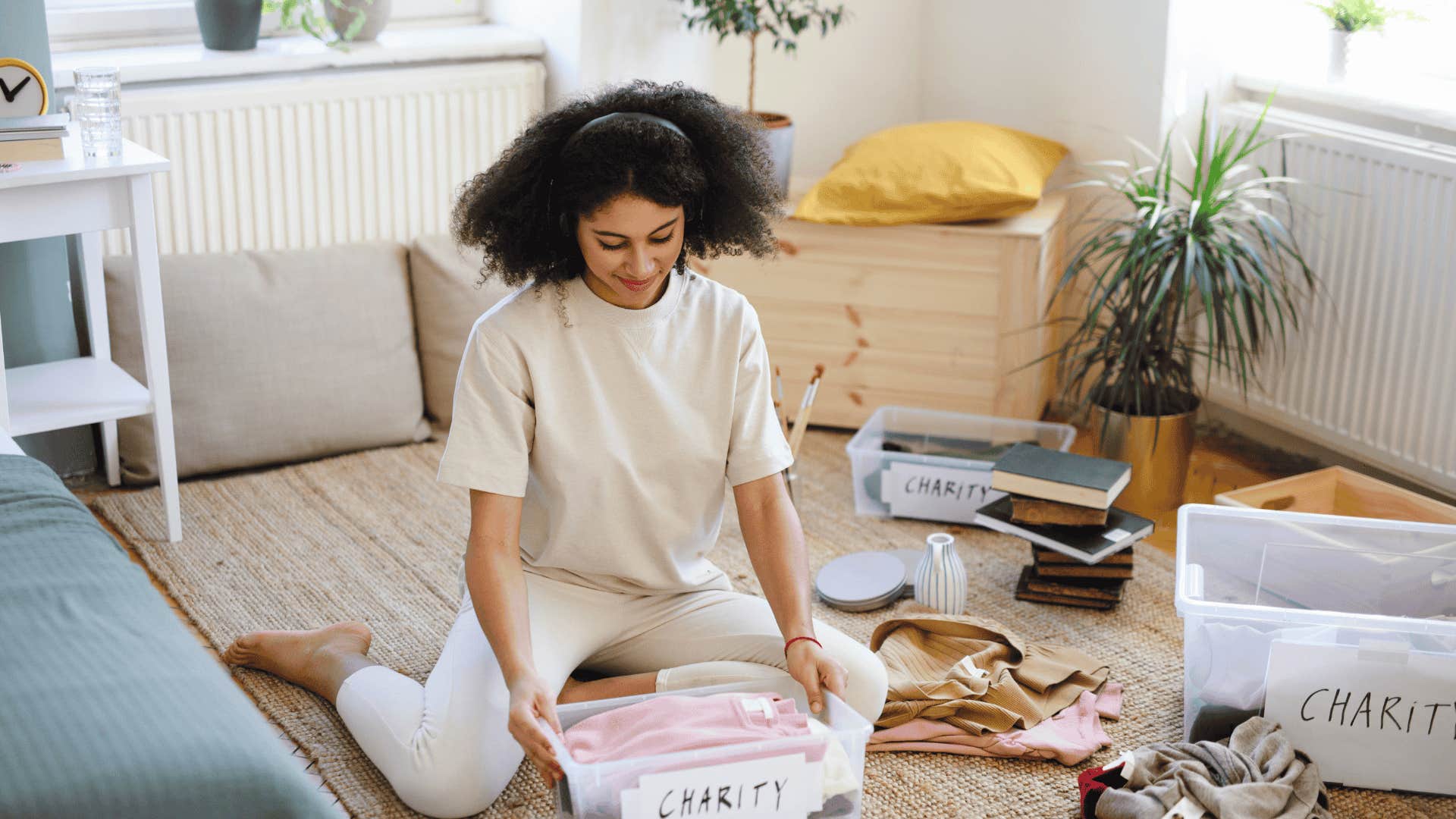 Ground Picture | Shutterstock
Ground Picture | Shutterstock
People who embraced minimalist culture were often criticized for being unrealistic and participating in a lifestyle that was seen as impractical or pretentious. While it's not something that's widely adopted by everyone (fewer than one in five of Americans, or 17%, describe themselves as minimalists), it has definitely become more of a popular trend.
Millennials are proudly starting to declutter their living spaces, spending their money mindfully, and simplifying their living environments as well. They don't see it as something restrictive but something that can help them focus on a more intentional way of living.
8. Social media influencers
 fizkes | Shutterstock
fizkes | Shutterstock
As the digital world has continued to evolve, being on social media is no longer seen as being a waste of time or something to do casually. Now, by using their platforms to leverage their career and creating a brand for themselves, influencing is one of the many things that used to embarrass millennials but they now fully embrace.
While being a social media influencer is still seen as something that may not be as reliable as having a standard full-time job, many millennials have managed to turn it into a living. Once being mocked for sharing their lives online, they've managed to really create an avenue to be their own bosses.
9. Listening to pop music
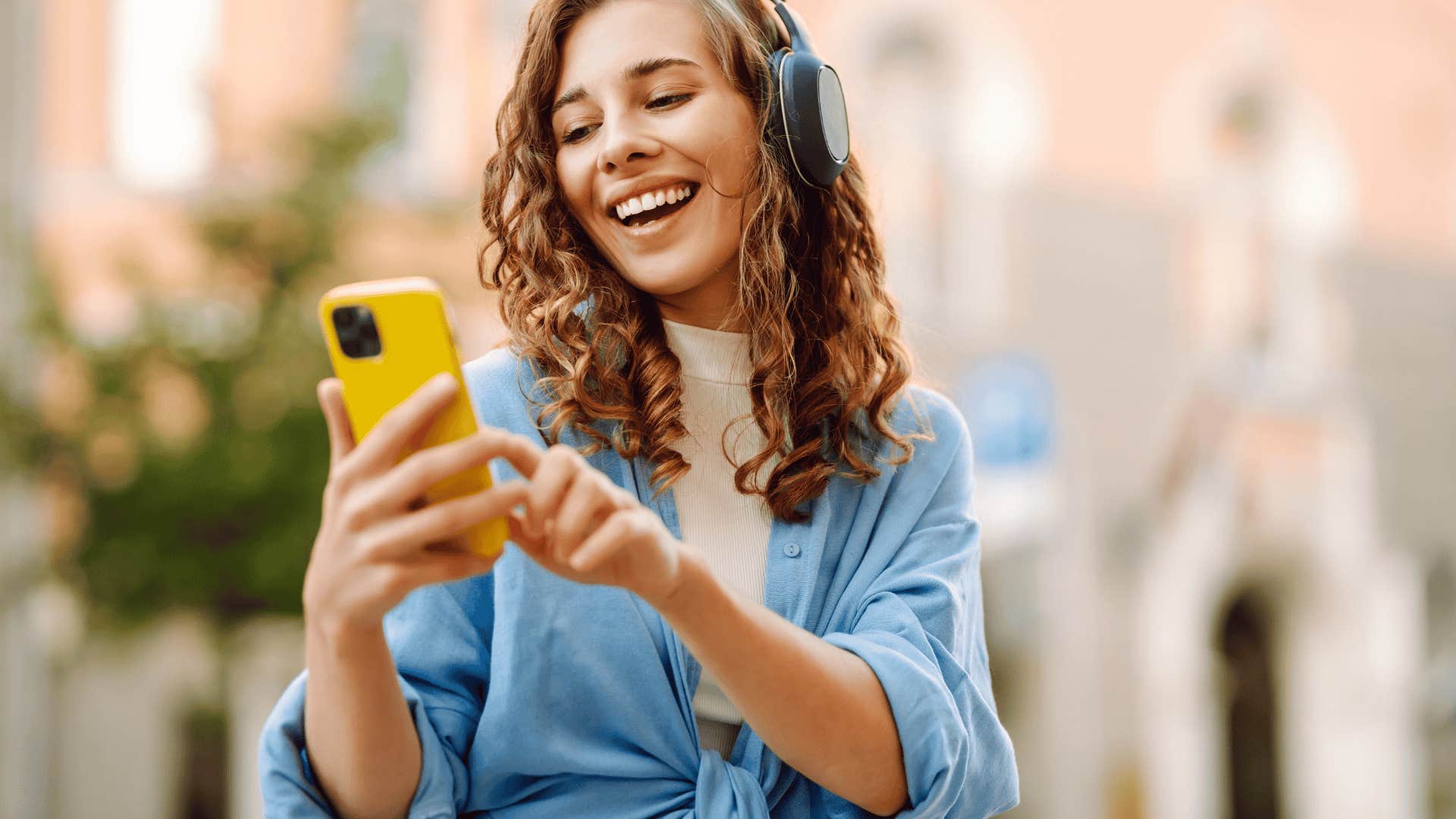 maxbelchenko | Shutterstock
maxbelchenko | Shutterstock
Within the last several years, pop music has truly evolved from being seen as shallow and overly commercialized to something that people can enjoy without feeling guilty or embarrassed. The genre as a whole has welcomed new sounds and challenged what it meant when millennials were growing up and consuming it.
There are so many more mainstream artists today that experiment with new kinds of production styles, and now it doesn't need to be something that's embarrassing when you say you listen to pop music or generally enjoy the genre as a whole.
10. Nostalgia for 90s culture
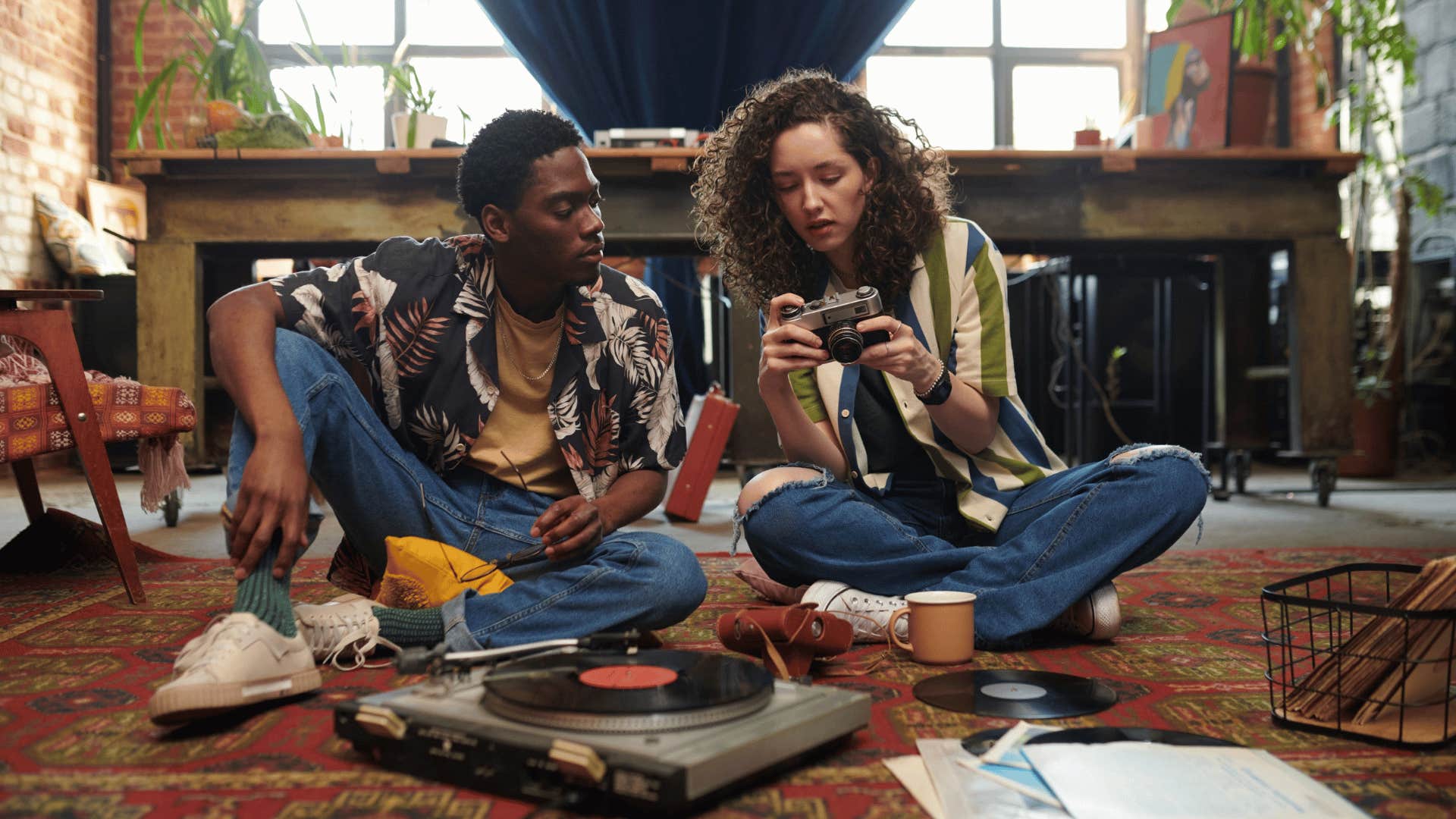 Pressmaster | Shutterstock
Pressmaster | Shutterstock
Millennials can now look fondly back on certain aspects of the 90s without feeling embarrassed or criticized for staying stuck in the past, especially considering some of that 90s culture is slowly starting to come back and be embraced by younger generations.
According to professor of counseling psychology David B. Feldman, PhD, research, like a study from the Journal of Personality and Social Psychology, has found that "nostalgia is a way of coping with distress by temporarily escaping the pain of the present." Feldman added that nostalgia is often used as a coping mechanism, saying, "As a result of engaging in nostalgic recollections, people often report experiencing a more positive mood, feeling more socially connected, and having a greater sense that their lives are meaningful."
From music to TV shows, all of the aesthetics from that time are something that brings millennials a lot of comfort. Whether it's revisiting old shows that were such a staple of their adolescence or rediscovering burning music onto CDs for that nostalgic playlist, millennials are choosing to embrace all the parts of their childhoods they miss without feeling shamed for it.
11. Retro fashion
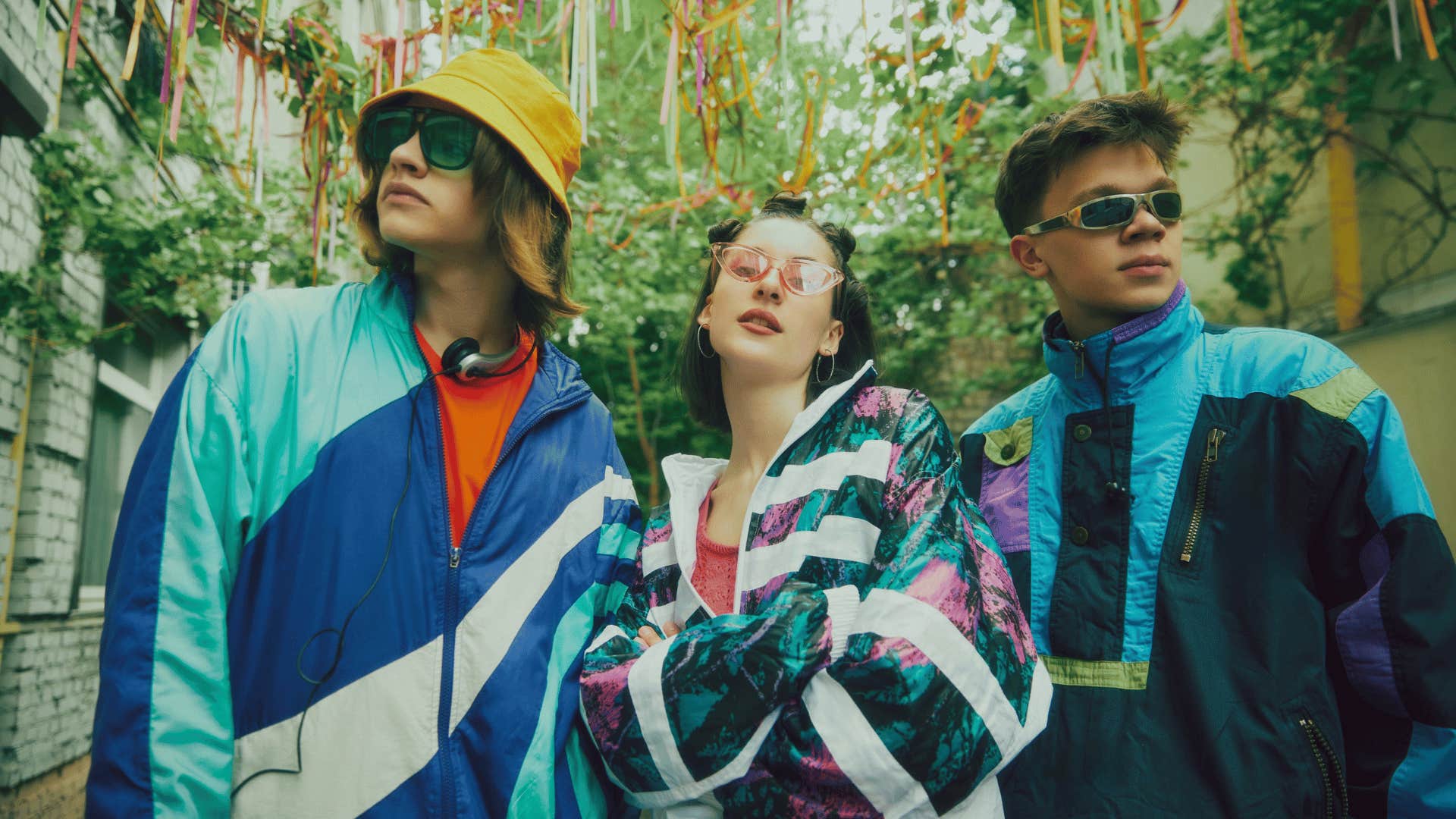 Master1305 | Shutterstock
Master1305 | Shutterstock
While not all of us are participating in low-rise jeans coming back into play, there are some other fashion trends from the 90s and early 2000s that millennials are really glad to be having a resurgence. From pieces like oversized denim jackets to chunky platform shoes, these fashion choices are one of the things that used to embarrass millennials but they now fully embrace.
Millennials are having fun being able to express themselves with the fashion items that were once a staple of their younger days. It's more than just a fashion statement, as it allows them to really tap into their inner child and reconnect to a time when they truly felt carefree and free.
Nia Tipton is a staff writer with a bachelor's degree in creative writing and journalism who covers news and lifestyle topics that focus on psychology, relationships, and the human experience.

